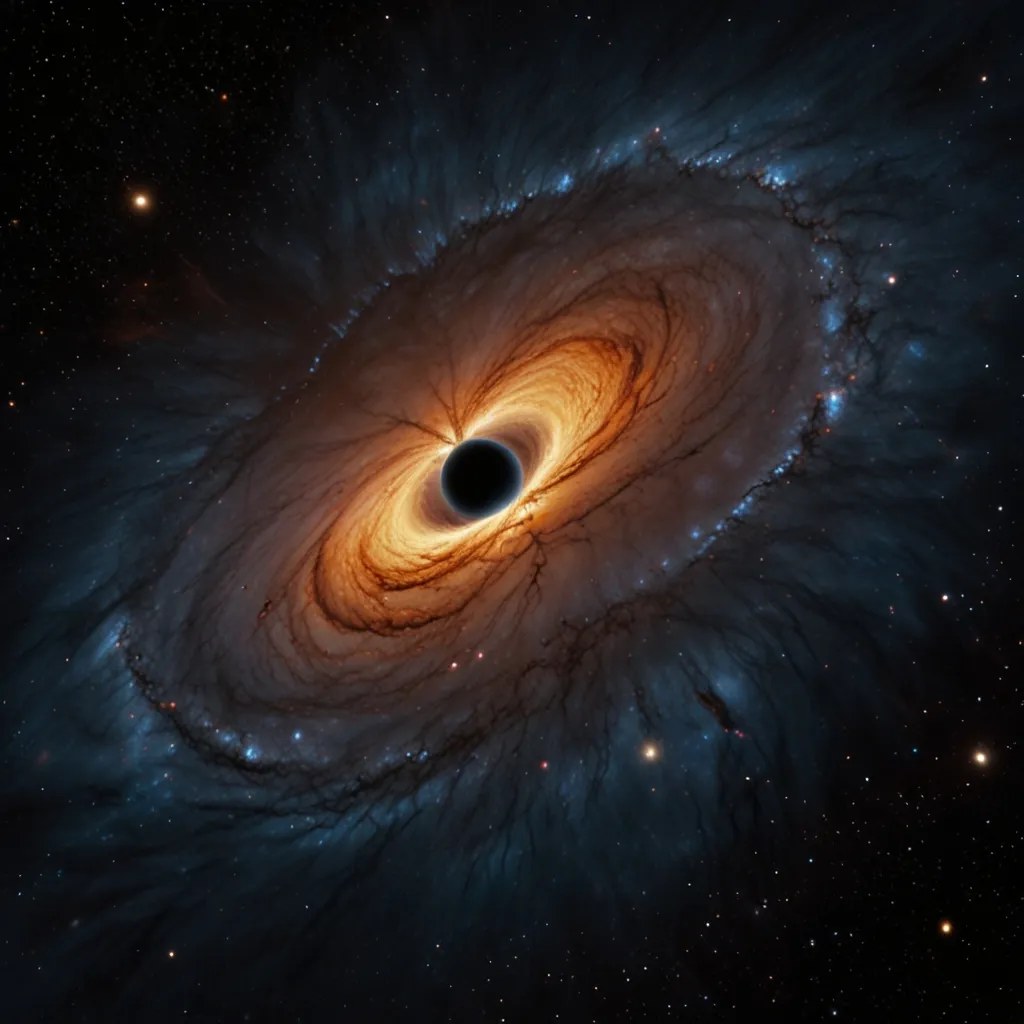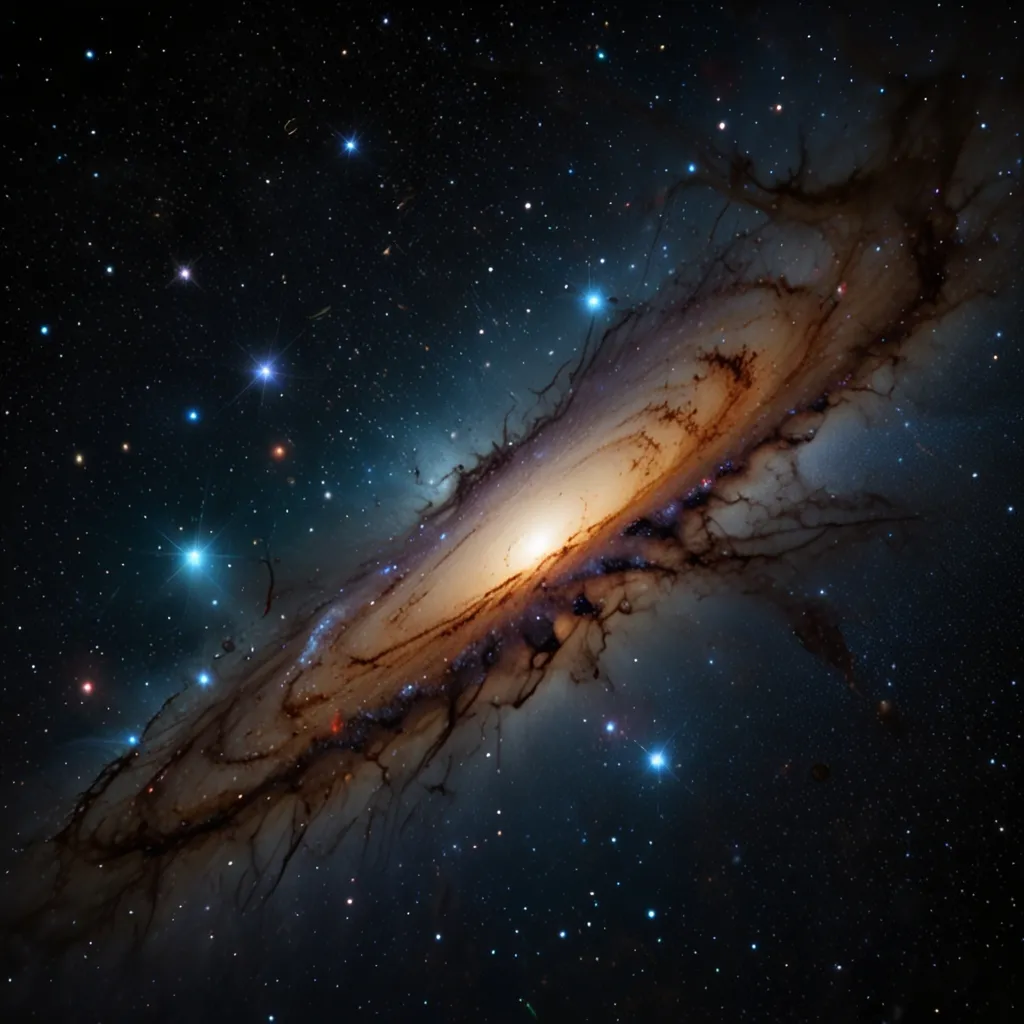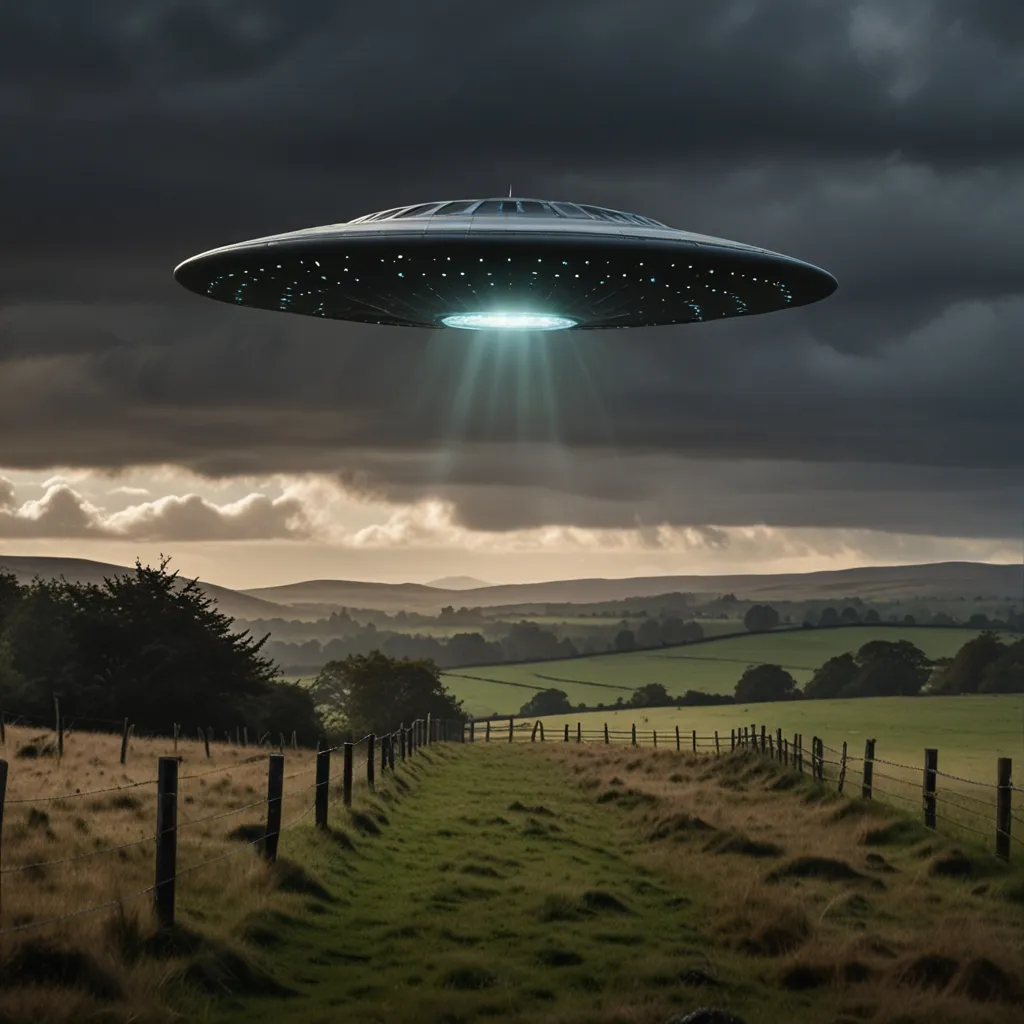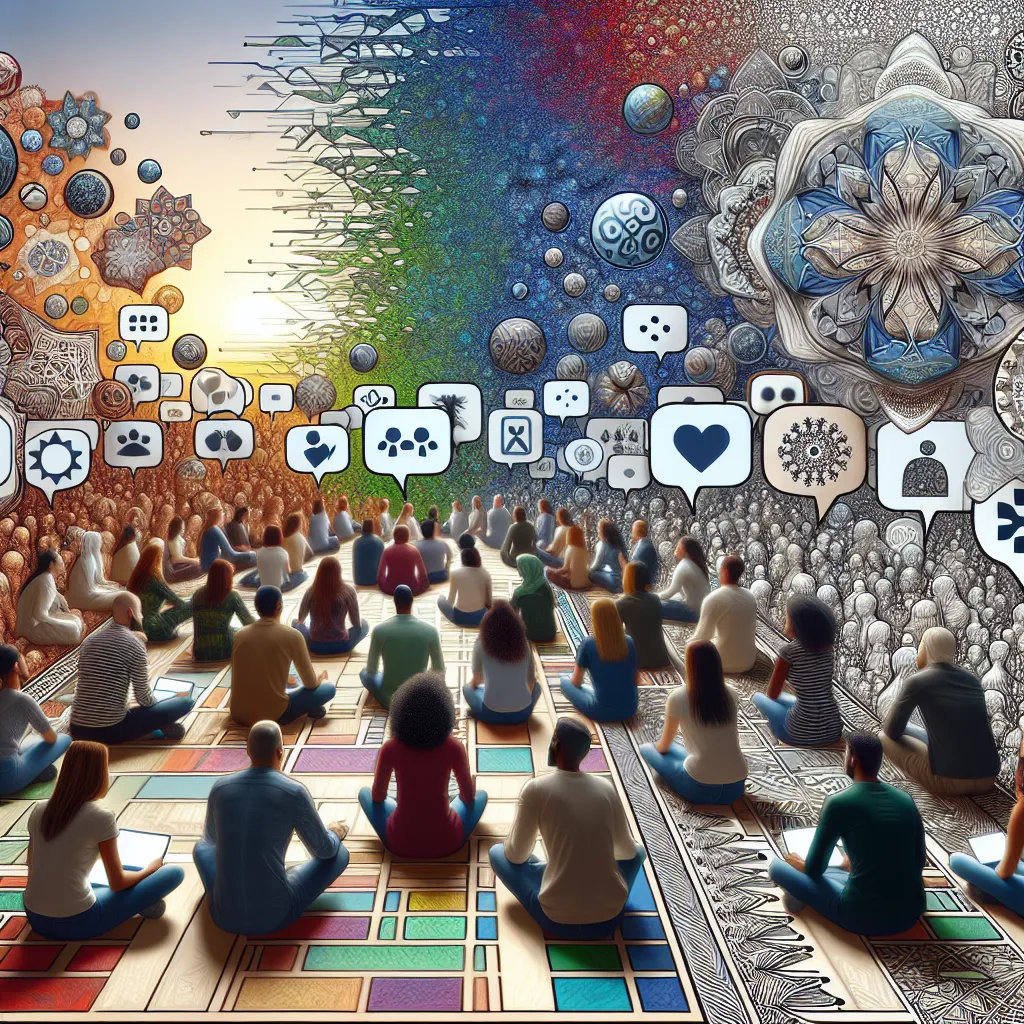In February 2023, a groundbreaking study hit the cosmology scene and grabbed the public’s attention. Researchers from nine countries might have unlocked the secret to dark energy, one of the most baffling mysteries in the cosmos. Their work hints at a link between dark energy and supermassive black holes. If true, this discovery could rival the original dark energy finding from 25 years ago, potentially revolutionizing our understanding of the universe. But is it just hype? Let’s dive in.
The universe kicked off with the Big Bang around 13.8 billion years ago. It started expanding and hasn’t stopped since. Initially, scientists thought the universe’s expansion would eventually slow down due to gravitational pull. However, in the late 1990s, researchers found that the expansion was actually speeding up. This strange acceleration is believed to be caused by dark energy, a mysterious force making up about 70% of the universe’s energy.
Dark energy acts like anti-gravity, pushing things apart instead of pulling them together. On the flip side, all the visible matter—what we see in stars, galaxies, and planets—only makes up about 5% of the universe. The remaining 25% is dark matter, which clumps together just like regular matter but is invisible.
The crux of the new study is the connection between dark energy and black holes, especially the supermassive ones at the centers of galaxies. The scientists suggest that black holes might be growing because they are absorbing dark energy. If proven, this would flip our current understanding of both black holes and dark energy on its head.
Black holes, predicted by Einstein’s equations and first described by Karl Schwarzschild, form when massive stars collapse. This collapse can produce incredibly dense objects like white dwarfs or neutron stars. If a collapsing star is heavy enough, it can form a singularity—an infinitely small point with immense mass. This singularity’s gravity is so powerful that not even light can escape, rendering it black.
Supermassive black holes, millions to billions of times heavier than our sun, usually sit at a galaxy’s center. They grow larger by consuming stars, gases, and even merging with other black holes. With nothing left to eat, they should stop growing at some point, right? But this study observed that these supermassive black holes in dormant galaxies—those where not much is happening—kept growing over nine billion years. They grew by 7 to 20 times their original mass, defying current understanding.
So, where is this extra mass coming from? The researchers propose the solution lies in dark energy. They believe black holes might contain dark energy, which fuels their growth.
To gather this data, scientists looked at galaxies as they appeared at different points in time. Since light takes time to travel, the farther out we look, the further back in time we see. By examining light from galaxies situated millions of light-years away, researchers could peer into the past, comparing it to closer galaxies to understand the growth pattern of their central black holes.
The team used a specific model to quantify the connection between black hole growth and dark energy, known as the coupling constant, K. If K equals zero, there’s no connection. But, if K equals three, the connection is strong. Their findings suggest K is around 3.11, indicating a likely link.
If true, black holes might not have singularities at all. Instead, they could be brimming with dark energy, which could counteract gravity’s infinite pull at their centers, potentially resolving other theoretical issues like the singularity problem.
Still, there’s room for skepticism. Correlation doesn’t mean causation. Just because black hole growth and dark energy seem connected doesn’t mean they truly are. There could be other factors at play. The study assumes all similar galaxies evolve the same way, which might not be realistic.
In summary, while this study is tantalizing, it’s just the beginning. We need more evidence and theoretical backing to confirm it. If confirmed, it would be a massive leap in uniting our understanding of gravity with the universe’s other fundamental forces, moving us closer to the elusive theory of quantum gravity.





